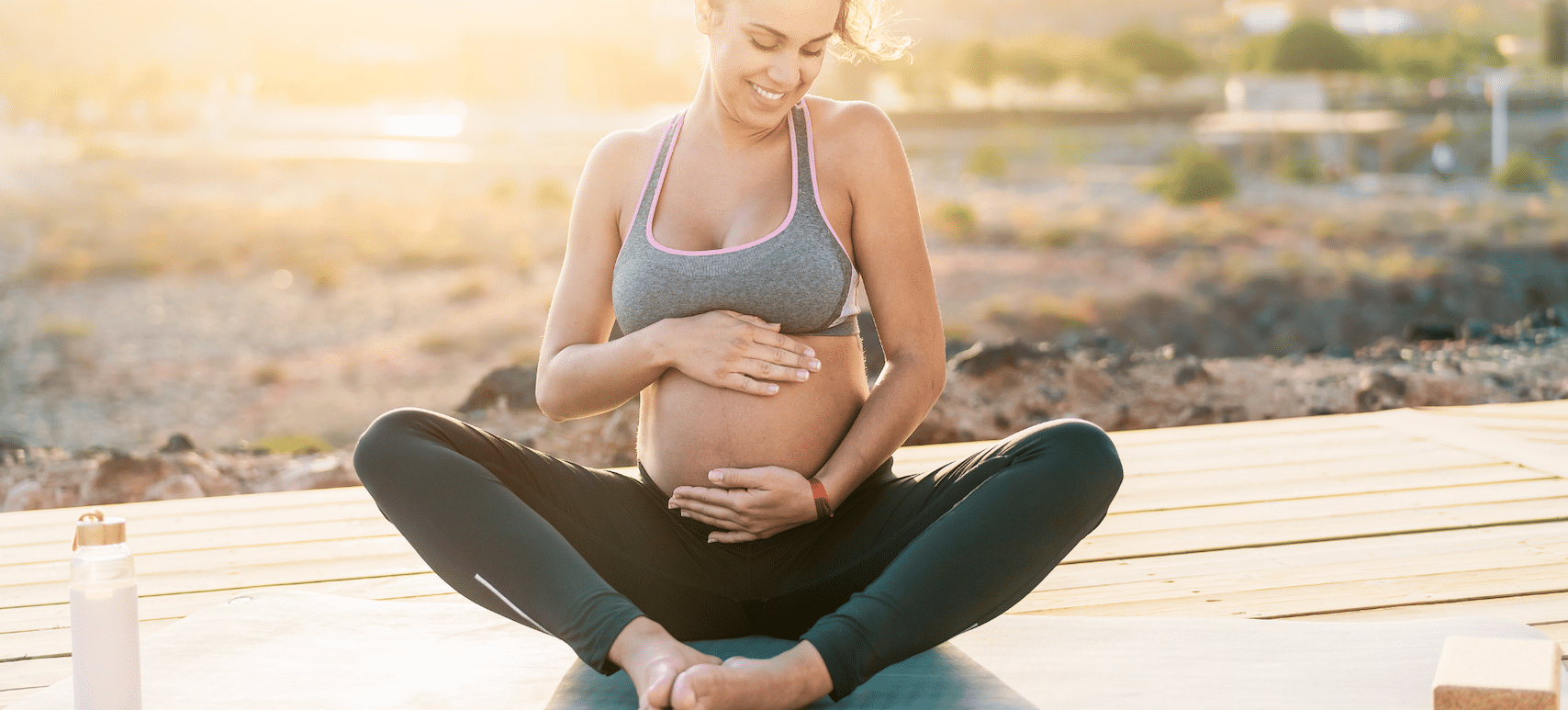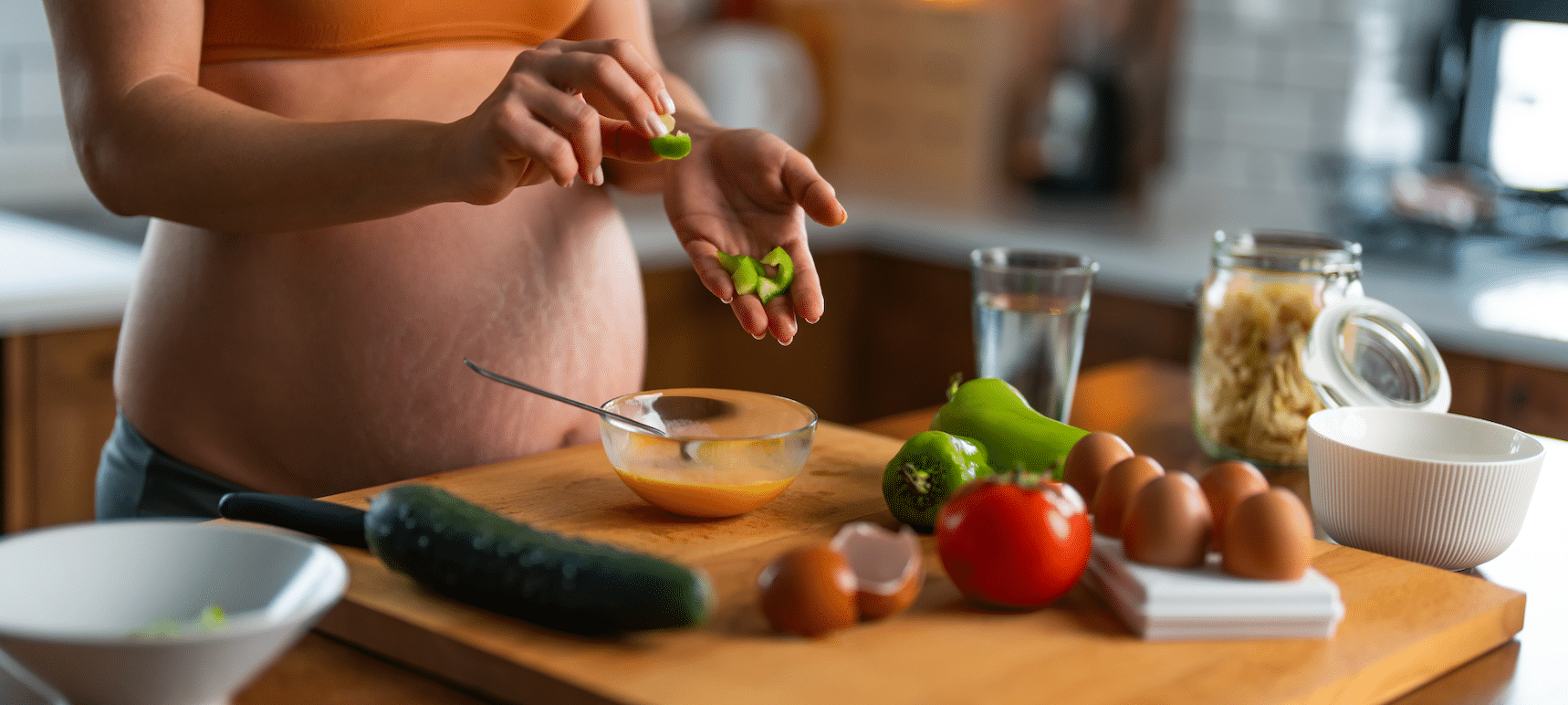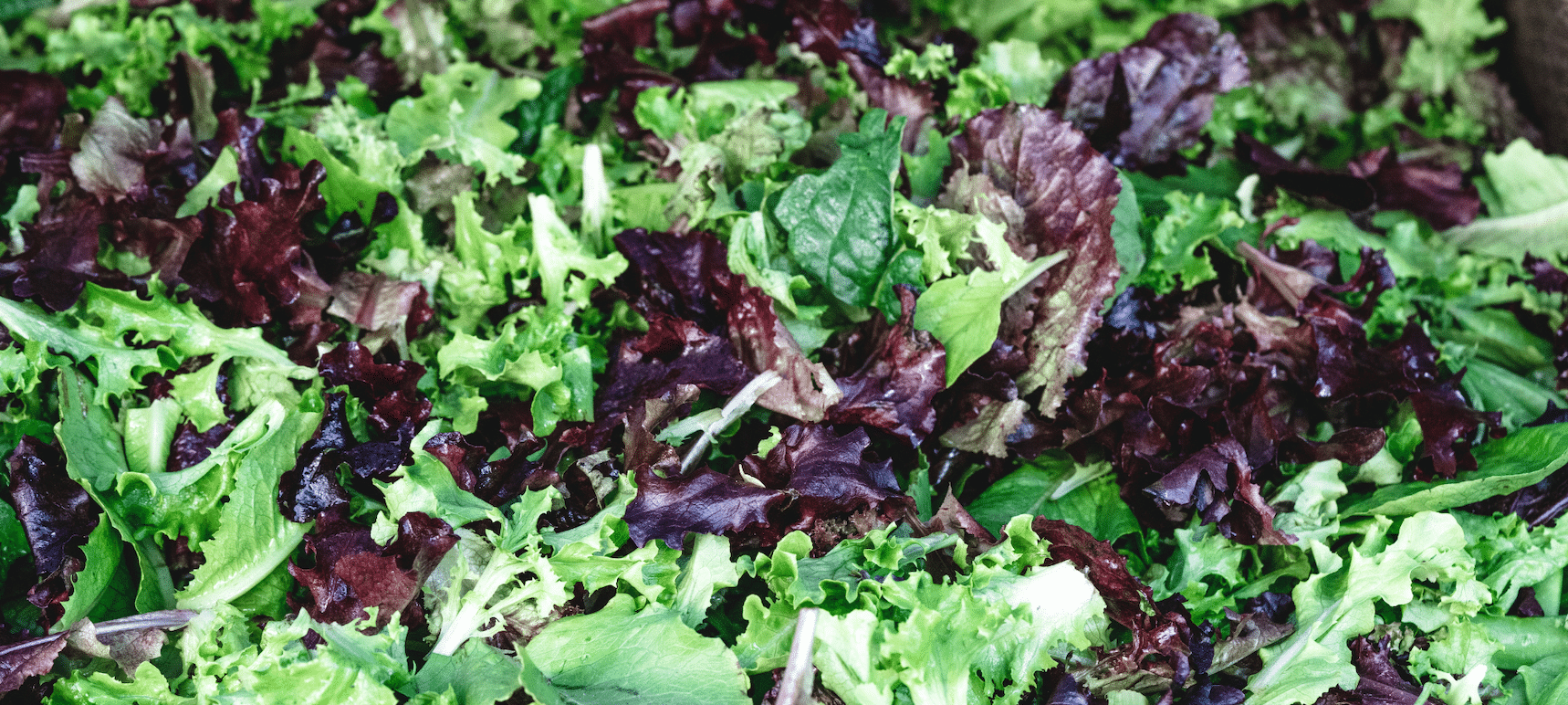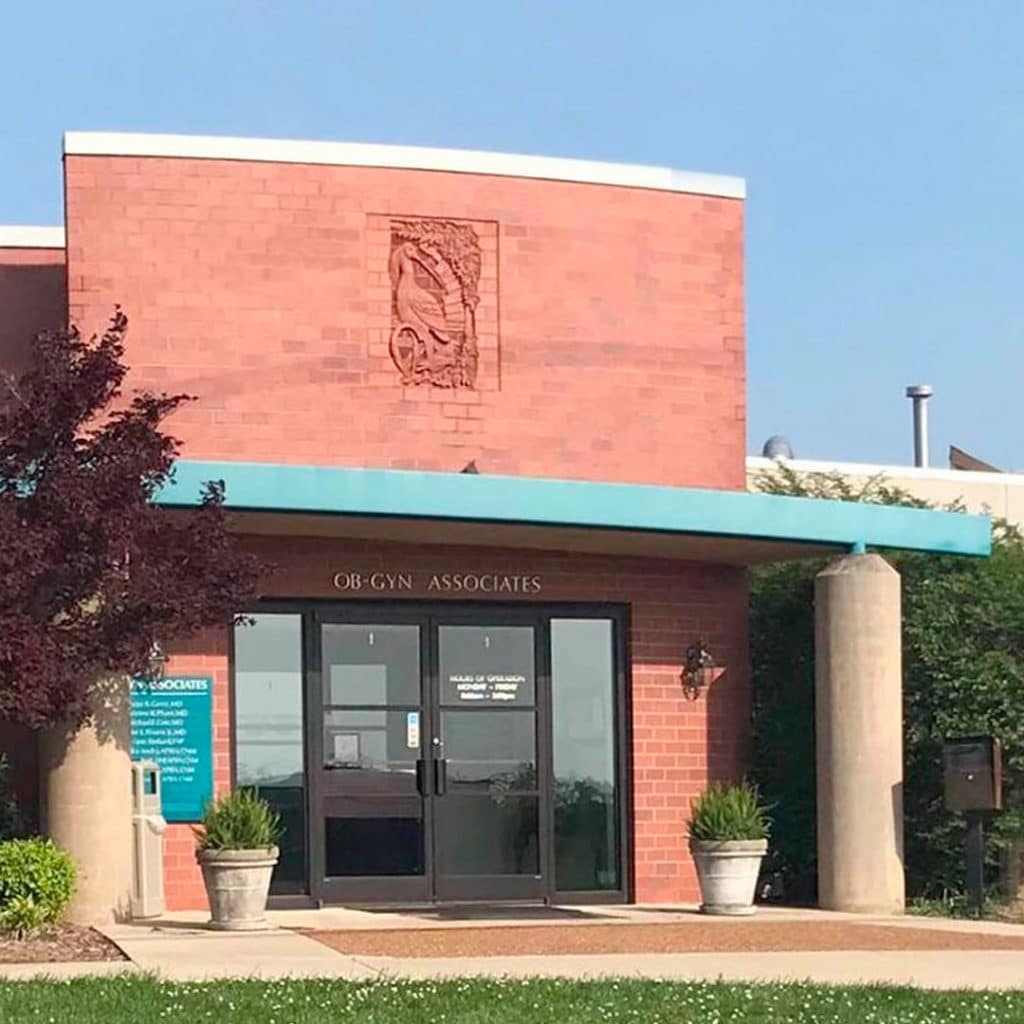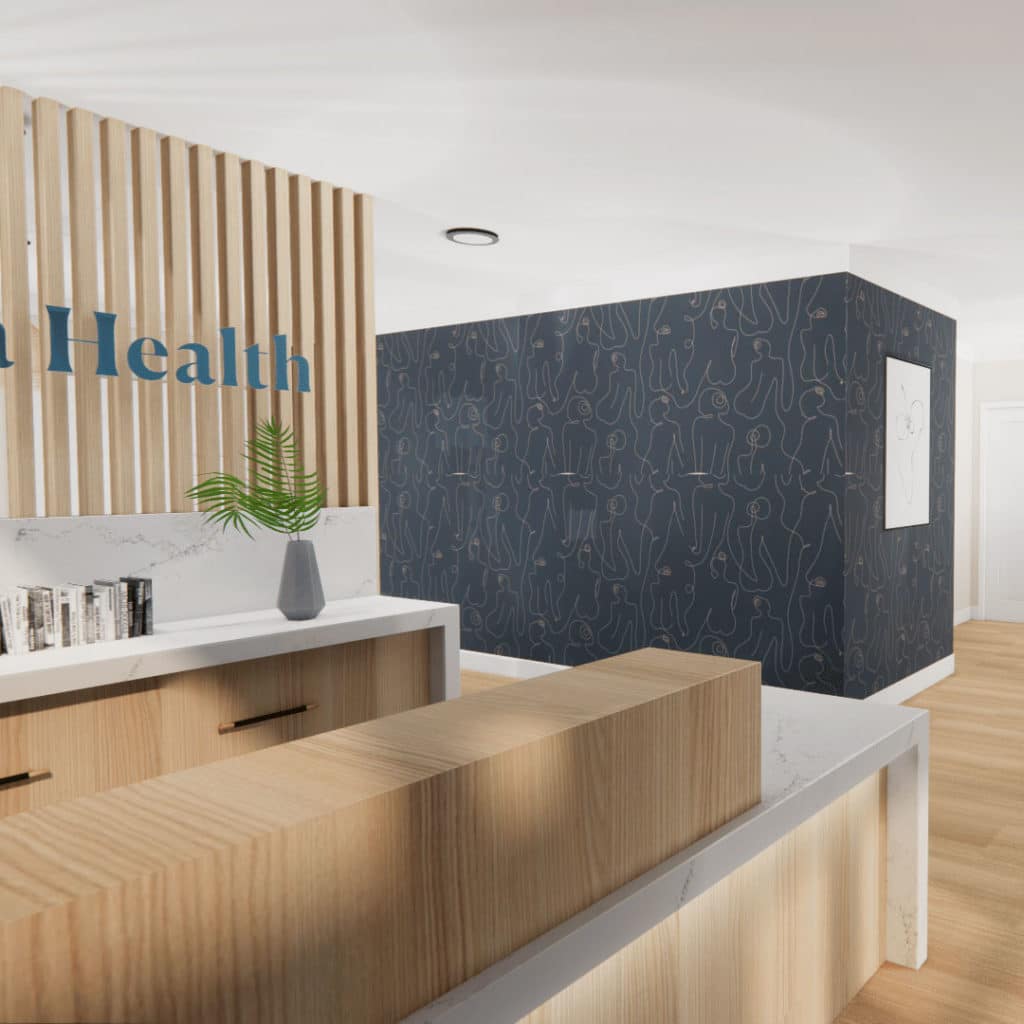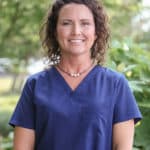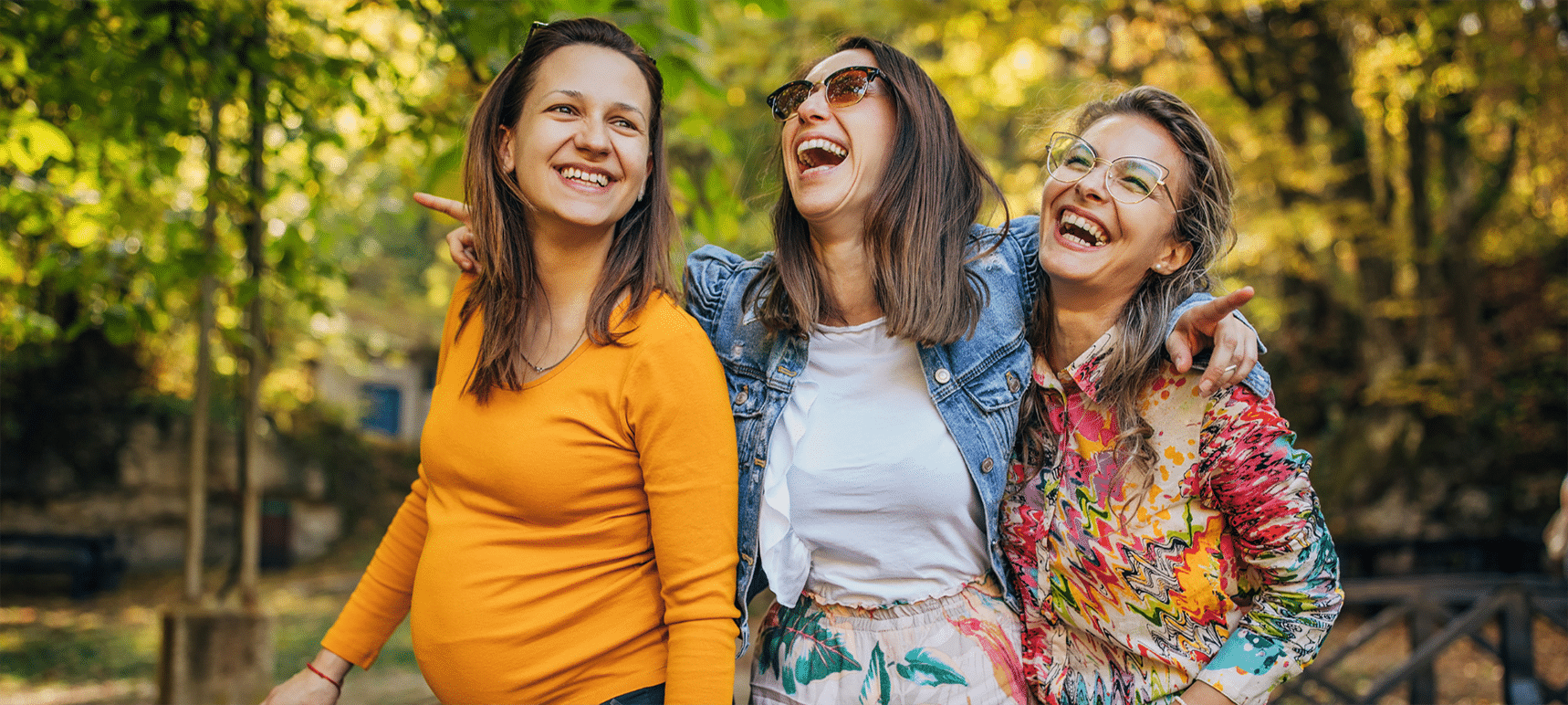
Growing and Supporting a Thriving Community during Pregnancy
Most soon-to-be new parents think of baby names, how to decorate their baby’s nursery, and what to pack to bring to the hospital when they enter labor, but fewer think about what type of community their new baby is born into. Pregnancy is the perfect time to think about your current support system and how you may want to strengthen it and/or expand it during this important time. Below are some questions you may have as you consider your community.
I already have a partner. Why do I need a supportive community?
If you have a partner, you already have a great start to your community. If you don’t have a partner, that’s okay too. Many other people can be supportive members of your community. Having a support system supports your well-being, as a soon-to-be new mom. Having supportive social relationships helps us to better handle the ups and downs of life, and the stress that comes with living in our fast-paced society – increasing stress resilience and helping us “bounce back” from adversity. Also, when we interact with others, our brain health improves. Isolation and loneliness have been shown to increase the risk of mental health problems and even dementia.
Is my healthcare team part of my community?
Yes! At Diana Health, we are honored and excited to be an important part of your community throughout your pregnancy and, hopefully, for decades after your delivery. At the hospital, you’ll meet additional members of our healthcare community, such as your nurses who are there to care for you and your baby during this important time. Also, if you need extra support with areas such as nutrition or nursing, we will make sure to connect you with these other members of our team or provide you referrals to find the right person.
Do I have to have a lot of people in my community in order to be healthy?
You don’t need a million friends on social media or to have social outings planned 5 nights a week, in order to be healthy. In fact, the quality of your relationships is more important than the specific number of people in your social network. What’s important is to have some people who you can call when things get rough or you need extra support. We want you to have people who can be there for you when you need emotional or practical support.
Who do I need to think of adding to my community, as a soon to be new-mom?
If you don’t already have a family physician or pediatrician who will be caring for your baby, now is a great time to reach out and find one. You can schedule a time to meet with potential pediatricians and get to know more about their office policies, care philosophies, and personality to see if they will fit well with you and your family. If you’ll be returning to work after delivery and need childcare, this is an ideal time to start looking for who the special person (or persons) will be who will watch your child. They will also become an important part of your growing community.
Also, even if you have great family or friends, it’s important to note that they may not be able to provide all of the support that you need during this time in your life. This is a great time to consider your larger community. Do you need extra assistance with figuring out transportation to your pregnancy appointments, more emotional support, or help with planning? If you aren’t sure where to start, connect with our Care Navigators at Diana Health as they are experts at connecting you with the wonderful resources in our community.
What about social media?
Online groups and social media sites can provide additional community for you, too. Although online communities can have wonderful benefits, having in-person social connections are important too. It’s best not to let online connections take the place of in-person connections, but also don’t be afraid to reach out and find useful pregnancy or new-mom communities online that you may want to join. Remember that it is always best to ask medical advice directly for your care team, as opposed to to an online community. Unfortunately, misinformation is often present online and can sometimes be dangerous.
What about connections within my neighborhood or city?
Consider taking a class or two during your pregnancy. You may meet some other pregnant women who you can connect with. You may also want to reach out to your faith community (if you are part of a group) or to local community centers for other ways to get connected. Perhaps you want to take a pregnancy yoga class, try a new hobby, or join a book club.
What about past connections?
As we grow older and get busy, life has a way of speeding up and getting more complex. It is easy to lose touch with old friends from the neighborhood where you grew up, from a high-school friend you played sports with, or perhaps a college roommate. Don’t feel guilty or ashamed. You are not alone. More than likely, your friend would love to hear from you. Think about reaching out and reconnecting. You can let them know that you’re expecting a baby and that you’re strengthening your community.
I don’t know how to get a supportive community. I need help.
At Diana Health, we are here to support you. If you are concerned that you don’t have adequate support for you and your new baby, please reach out to us. We have team members who can assist you with finding supportive connections. Your mental health and wellbeing is important to your baby’s health and wellbeing. If you are struggling with anxiety, depression, loneliness, isolation, or stress, you are not alone. Please reach out to us so that we can connect you with a healthcare professional. Although it’s great to have strong social connections when we’re going through difficult times, they should not take the place of professional help if you need this.
As you strengthen your community, remember that creating strong social connections, and maintaining them takes work, but it’s work that will pay amazing dividends for years to come. Giving your future child the gift of a supportive community to grow-up in, is one of the most meaningful gifts you could ever give them.
Social connection is not only important for mental health, it is also essential for physical health. In fact, “deficiencies in social relationships are associated with an increased risk of developing” heart disease and stroke according to research. We often think of smoking tobacco or eating unhealthy foods as increasing our risk for heart disease, yet loneliness and social isolation are dangerous to our heart and brain health too.
In closing, the power of social connections is simply, and beautifully summarized by Robert Waldinger, the director of one of the longest-running studies of adult life ever conducted, the Harvard Study of Adult Development. According to Dr. Waldinger, “The people who were the happiest, who stayed healthiest as they grew old, and who lived the longest were the people who had the warmest connections with other people.” Go out and strengthen your community today, one relationship at a time.
Share This Post






